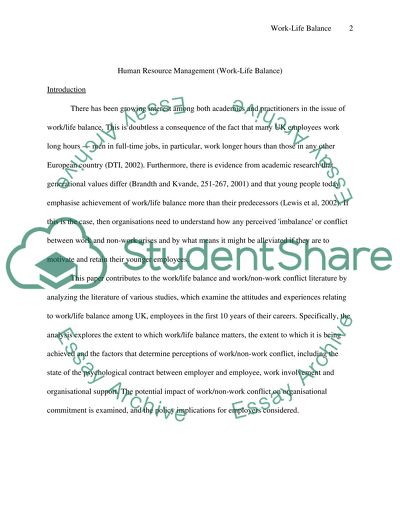Cite this document
(“Human Resource Management - Worklife balance Essay”, n.d.)
Human Resource Management - Worklife balance Essay. Retrieved from https://studentshare.org/miscellaneous/1506569-human-resource-management-worklife-balance
Human Resource Management - Worklife balance Essay. Retrieved from https://studentshare.org/miscellaneous/1506569-human-resource-management-worklife-balance
(Human Resource Management - Worklife Balance Essay)
Human Resource Management - Worklife Balance Essay. https://studentshare.org/miscellaneous/1506569-human-resource-management-worklife-balance.
Human Resource Management - Worklife Balance Essay. https://studentshare.org/miscellaneous/1506569-human-resource-management-worklife-balance.
“Human Resource Management - Worklife Balance Essay”, n.d. https://studentshare.org/miscellaneous/1506569-human-resource-management-worklife-balance.


